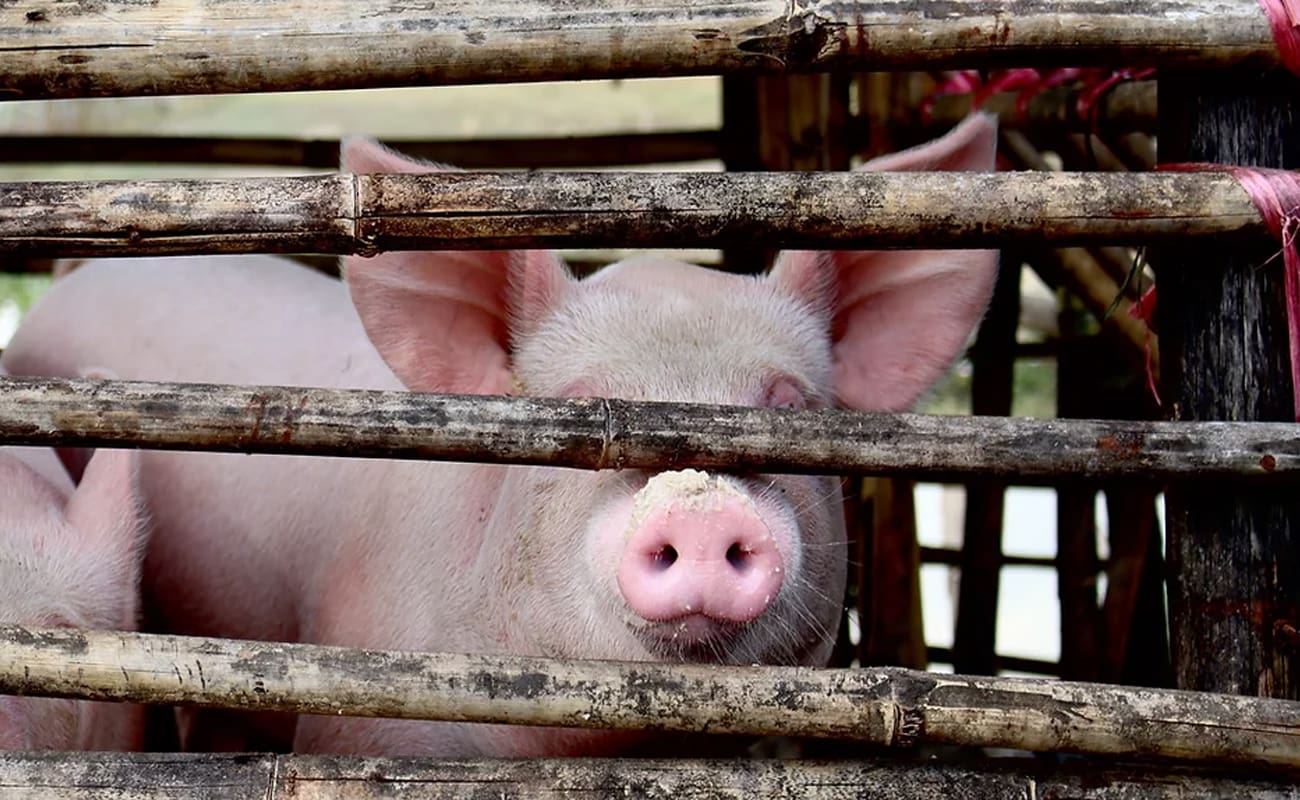Tierschutz und Tierrechte laden uns ein, die moralischen Grenzen unserer Beziehung zu Tieren zu hinterfragen. Während Tierschutz die Verringerung von Leiden und die Verbesserung der Lebensbedingungen in den Vordergrund stellt, gehen Tierrechte noch weiter und fordern die Anerkennung von Tieren als Individuen mit inhärentem Wert, nicht nur als Eigentum oder Ressource. Dieser Abschnitt untersucht die sich entwickelnde Landschaft, in der sich Mitgefühl, Wissenschaft und Gerechtigkeit überschneiden und in der wachsendes Bewusstsein die langjährigen Normen, die Ausbeutung rechtfertigen, in Frage stellt.
Von der Entwicklung humaner Standards in der industriellen Landwirtschaft bis hin zu bahnbrechenden Rechtsstreitigkeiten um die Anerkennung von Tieren als Persönlichkeitsrechte – diese Kategorie bildet den globalen Kampf um den Schutz von Tieren in menschlichen Systemen ab. Sie untersucht, wie Tierschutzmaßnahmen oft das Grundproblem nicht angehen: den Glauben, dass Tiere uns zur Nutzung dienen. Rechtsbasierte Ansätze stellen diese Denkweise grundlegend in Frage und fordern einen Wandel von der Reform zur Transformation – eine Welt, in der Tiere nicht sanfter behandelt, sondern grundsätzlich als Wesen mit eigenen Interessen respektiert werden.
Durch kritische Analyse, Geschichte und Interessenvertretung befähigt dieser Abschnitt die Leser, die Nuancen zwischen Tierschutz und Rechten zu verstehen und die Praktiken zu hinterfragen, die noch immer Landwirtschaft, Forschung, Unterhaltung und Alltag dominieren. Wahrer Fortschritt liegt nicht nur in einer besseren Behandlung von Tieren, sondern auch in der Erkenntnis, dass sie keineswegs als Werkzeuge behandelt werden sollten. Wir stellen uns eine Zukunft vor, die auf Würde, Empathie und Koexistenz basiert.
Der Veganismus ist weit mehr als eine diätetische Wahl - es ist eine wachsende Bewegung, die Mitgefühl, Nachhaltigkeit und den Kampf um die Befreiung von Tieren einsetzt. Mit seinen Wurzeln im ethischen Leben fordert dieser Lebensstil die Ausbeutung von Tieren in Branchen in Frage, während sie sich mit dringenden Problemen wie Umweltverschlechterung und sozialer Gerechtigkeit befasst. Als das Bewusstsein für die Auswirkungen der Fabrikbetriebe auf Tierschutz, den Klimawandel und die menschliche Gesundheit steigt weiterhin an, dient Veganismus sowohl als persönliches Engagement als auch als kollektiver Vorstoß auf systemische Veränderungen. Dieser Artikel befasst sich mit dem Veganismus zu einer transformativen Kraft zur Schaffung einer faireren Welt - wo jede Aktion zum Schutz von Tieren, zur Erhaltung des Planeten und zur Förderung der Gleichheit für alle Wesen beiträgt


























































